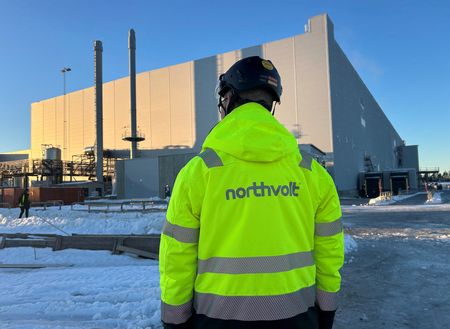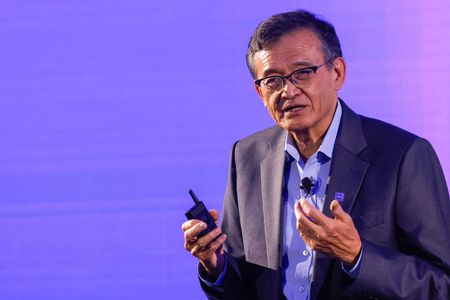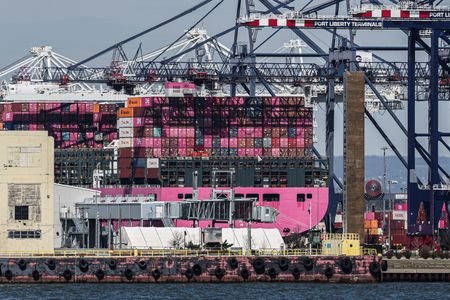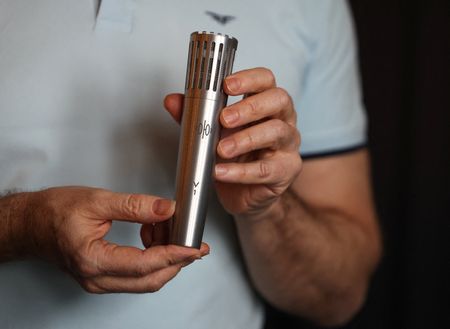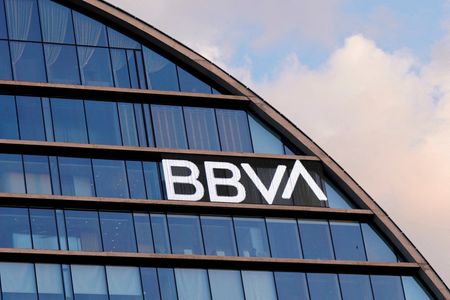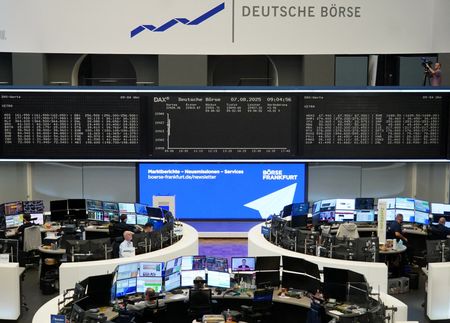By Marie Mannes and Alessandro Parodi
STOCKHOLM (Reuters) -Silicon Valley startup Lyten said on Thursday it had agreed to buy bankrupt Northvolt’s remaining assets in Sweden and Germany, potentially reviving Europe’s hopes of building a domestic electric vehicle battery industry to reduce reliance on China.
Here are some details about Lyten, Northvolt’s collapse and lithium-sulphur batteries.
WHO IS LYTEN?
Founded in 2015, Lyten started out in a shipping container in California, but has gained backing from Chrysler-parent Stellantis and U.S. delivery giant FedEx. It now develops lithium-sulphur battery cells, which it hopes will compete with conventional lithium-ion technology.
It announced plans in 2024 to build the world’s first gigafactory for lithium-sulphur batteries in Reno, Nevada, with an investment of over $1 billion.
Over the past year, Lyten has acquired two of Northvolt’s former businesses: a U.S. R&D hub and Northvolt’s energy storage systems factory, Europe’s largest.
WHAT HAPPENED TO NORTHVOLT?
Sweden’s Northvolt collapsed in March after being in a U.S. Chapter 11 bankruptcy process since 2024. The company struggled to scale output at its flagship plant in northern Sweden, despite support from a major customer, truckmaker Scania.
Once considered a pioneer in European battery cell production, Northvolt had a $50-billion order book with automakers including BMW, Volkswagen, Volvo Cars and Audi. That was wiped out following the bankruptcy.
It raised more than $10 billion in equity, debt and public funding since its 2016 launch, and had over 6,000 workers at one point before most were let go. Its largest shareholders included Volkswagen with a 21% stake, and Goldman Sachs, with 19%.
WHY IS LITHIUM-SULPHUR SIGNIFICANT?
Many in the EV industry hope that electric autos in the future can run on lithium-sulphur, which can be up to two-thirds cheaper than today’s lithium-ion battery cells.
Lithium-sulphur batteries do not contain nickel, cobalt, or manganese – materials whose supply is dominated by China – making them cheaper and potentially more sustainable.
WHO IS BACKING LYTEN?
Lyten has raised over $625 million from investors including Stellantis, FedEx, and the U.S. government.
Other investors and partners include Honeywell, a supplier to planemaker Boeing and Airbus, venture capital firm Prime Movers Lab, and Canadian miner Wallbridge, according to Lyten’s website.
(Reporting by Marie Mannes and Alessandro Parodi; Editing by Emelia Sithole-Matarise)

